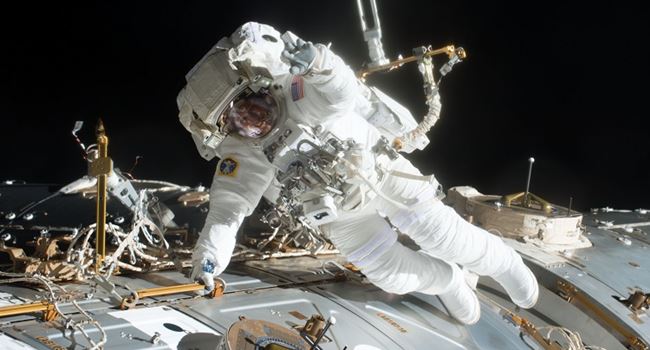Tech
NASA set to grow first fruits in space

American space agency, NASA, in what will be a huge first has picked a new edible plant to be grown aboard the International Space Station, and it’s a seriously spicy selection.
As the Rio Grande Sun reports, NASA has selected none other than the Española chile pepper to be its next space crop project.
While such peppers are often lumped in with vegetables, they’re actually fruits, and this means the Chile pepper will be the first fruit ever grown by NASA in space.
Picking plants to grow in space — especially when it comes to potential food options for future missions — has to be done carefully. Many considerations must be made, including whether or not a plant will provide suitable nutritional benefits for astronauts, not to mention the individual requirements of each plant in terms of water and mineral usage.
Read also: India calls off moon mission due to technical hitch
“We were also looking for varieties that don’t grow too tall, and yet are very productive in the controlled environments that we would be using in space,” NASA Plan Physiologist Ray Wheeler told the paper. “
Wheeler explained that growing peppers might have other benefits as well, such as giving astronauts an option for spicing up their sometimes bland food options in space. As an added benefit, peppers are rich in Vitamin C, which Wheeler said is “important for space diets.”
Join the conversation
Support Ripples Nigeria, hold up solutions journalism
Balanced, fearless journalism driven by data comes at huge financial costs.
As a media platform, we hold leadership accountable and will not trade the right to press freedom and free speech for a piece of cake.
If you like what we do, and are ready to uphold solutions journalism, kindly donate to the Ripples Nigeria cause.
Your support would help to ensure that citizens and institutions continue to have free access to credible and reliable information for societal development.
























